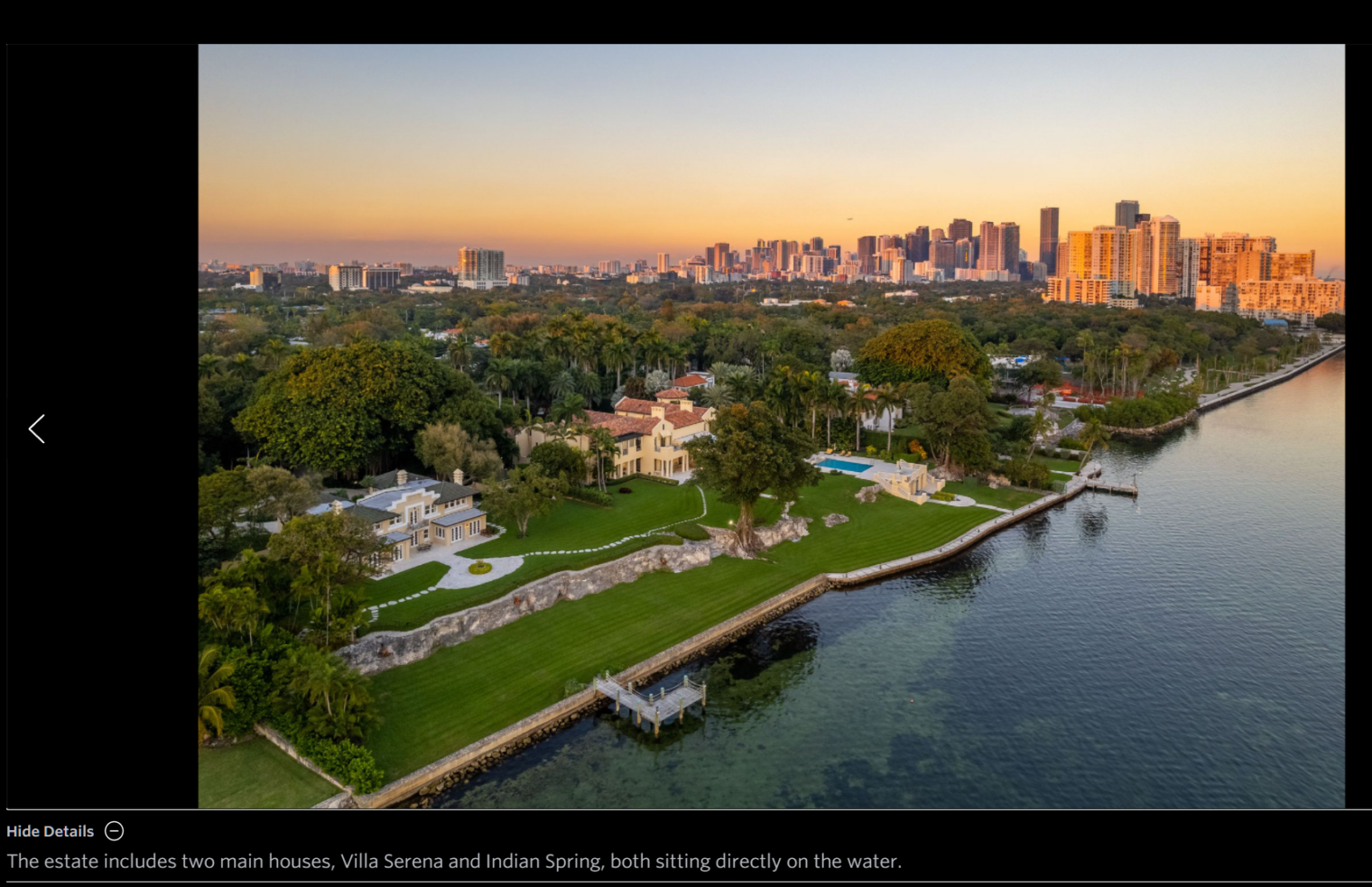For readers who demand to know why I continue to pay for a NYT subscription… “Climate Change Enters the Therapy Room” (NYT, today):
Ten years ago, psychologists proposed that a wide range of people would suffer anxiety and grief over climate. Skepticism about that idea is gone.
It would hit Alina Black in the snack aisle at Trader Joe’s, a wave of guilt and shame that made her skin crawl.
Something as simple as nuts. They came wrapped in plastic, often in layers of it, that she imagined leaving her house and traveling to a landfill, where it would remain through her lifetime and the lifetime of her children.
She longed, really longed, to make less of a mark on the earth. But she had also had a baby in diapers, and a full-time job, and a 5-year-old who wanted snacks. At the age of 37, these conflicting forces were slowly closing on her, like a set of jaws.
In the early-morning hours, after nursing the baby, she would slip down a rabbit hole, scrolling through news reports of droughts, fires, mass extinction. Then she would stare into the dark.
It was for this reason that, around six months ago, she searched “climate anxiety” and pulled up the name of Thomas J. Doherty, a Portland psychologist who specializes in climate.
Eco-anxiety, a concept introduced by young activists, has entered a mainstream vocabulary. And professional organizations are hurrying to catch up, exploring approaches to treating anxiety that is both existential and, many would argue, rational.
Though there is little empirical data on effective treatments, the field is expanding swiftly.
Caroline Wiese, 18, described her previous therapist as “a typical New Yorker who likes to follow politics and would read The New York Times, but also really didn’t know what a Keeling Curve was,” referring to the daily record of carbon dioxide concentration.
Ms. Wiese had little interest in “Freudian B.S.” She sought out Dr. Doherty for help with a concrete problem: The data she was reading was sending her into “multiday panic episodes” that interfered with her schoolwork.
Note that both patient and therapist are described as living in Portland, Oregon, but they met via videoconference.
I’m still confused how people who are convinced that 50 percent of humanity will die due to climate change can simultaneously be concerned that COVID-19 will kill up to 1 percent of humanity. (Also, the folks convinced that climate change is an existential threat tend to also be passionate supporters of unlimited migration from low-carbon-output societies to high-carbon-output societies. It is tough to think of a better way to accelerate climate doom than bringing millions of people from low-income countries to the carbon-profligate U.S.)
If you’re anxious about climate change and need a decent place to relax for the next few years, consider William Jennings Bryan’s old house in Miami. It will soon be inundated by the rising sea and can be yours for $150 million. From the preceding link, “sitting directly on the water” is a selling point.

Thank you for this beautiful NYT piece; it must be hard to be a comedian these days with that level of competition.
I think people who can afford the $150 million property might also be able to influence the government to build dykes, paid for by Deplorables from flyover country. It is quite possible to live below sea level.
I now need to see my inflation-anxiety psychologist.
Weather anxiety is real: I was a smart child and started to read popular science books and articles around age 6 to 8. I became terrified of advancing new Ice Age and imagined mountain of ice advancing from north and covering housed and buildings, to the point it started interfere with god night sleep. Good that my engineer parents and military background grandparents had good sense of making laughingstock out of my fears and explain why they were baseless.
I am surprised that i such litigious society as is modern America nobody sues climate prophets of dooms for damages of their false prophecies. I agree it is laughable for 36-yets old with aptitude of 6 – years old but it is not laughable for pre-teens.
@LSI, isn’t it ironic that in today’s society, where most folks are educated, can easily be scared off into a doomsday story? But the real irony is our elective officers and scientist, see the looming ice age as a higher priority over poor education and lack of accountability to call our bumps and slackers. Instead, we give them free-fish endlessly to keep them at bay, when we should give them a net to fish on their own.
“For readers who demand to know why I continue to pay for a NYT subscription… ” Thank you for reading the NY Times so we don’t have to! I think Alina Black is a wack a doodle!
Where is this sudden acceleration of sea level rise due to “global warming” we keep hearing mindlessly repeated? What does The Science™ say?
http://www.hawaiifreepress.com/Articles-Main/ID/20306/Data-vs-Hype-Honolulu-NOAA-Chart-Shows-Sea-Level-Rise-is-a-False-CrisisI